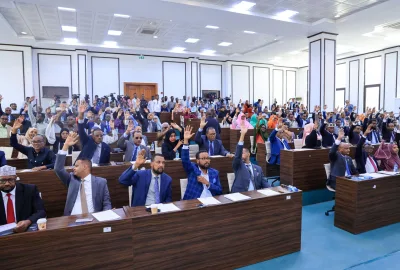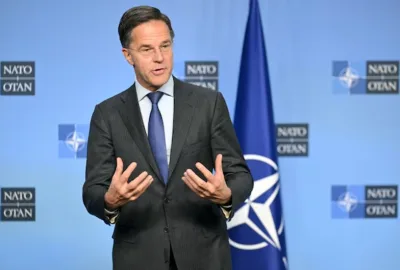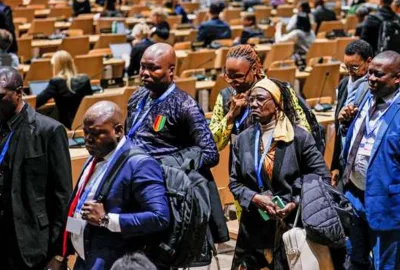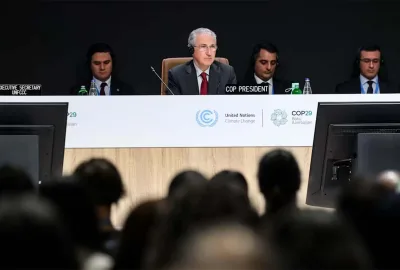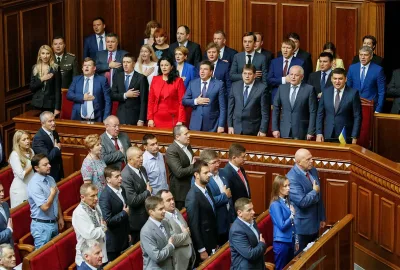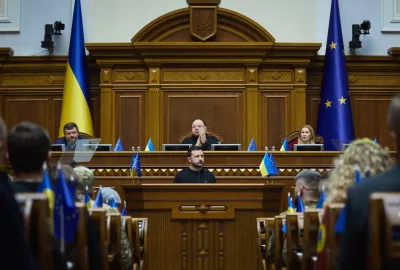In a recent press release, the Puntland government of Somalia voiced its staunch opposition to proposed…
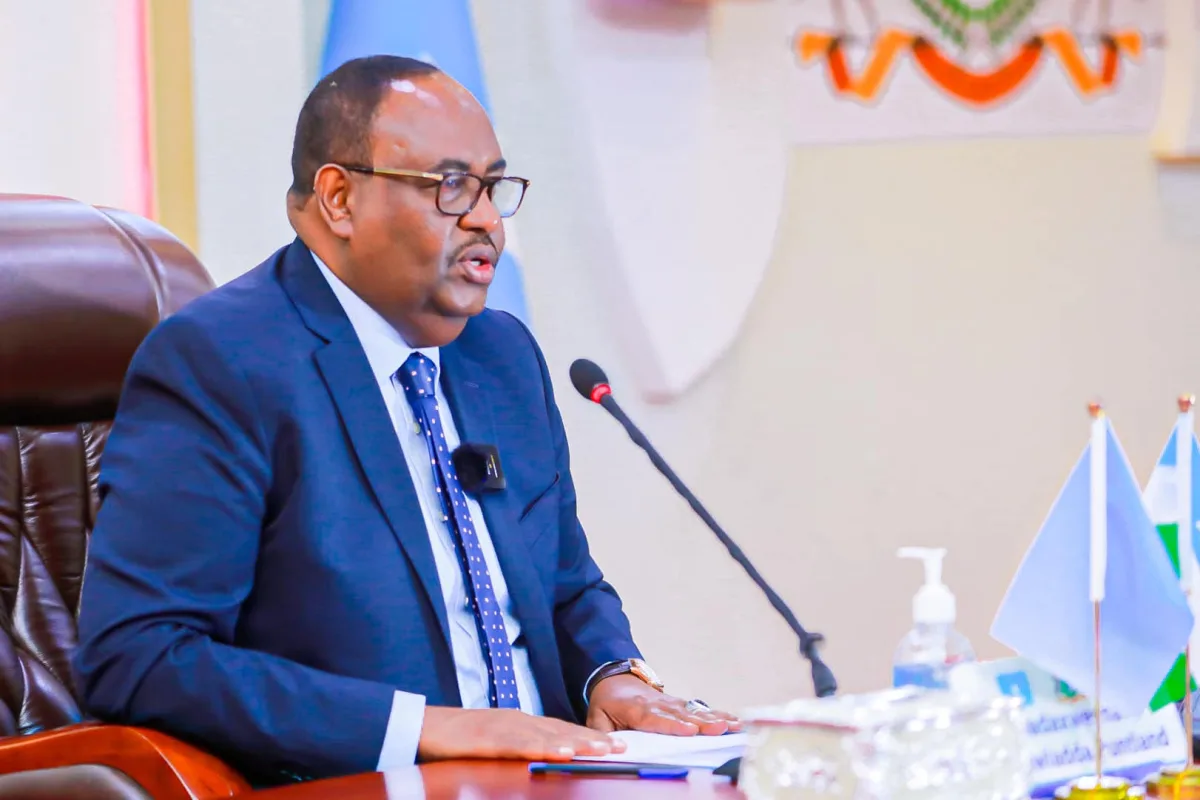
In a recent press release, the Puntland government of Somalia voiced its staunch opposition to proposed amendments to the country’s Interim Constitution, highlighting concerns over potential threats to the federal system and national unity.
The press release underscores the historical significance of previous agreements such as the National Convention in 2004 and the Garowe agreements in 2011 and 2012, which laid the foundation for Somalia’s federal, democratic, and multi-party system. It emphasizes that any alterations to this framework should be made through consensus and adherence to established constitutional processes.
Of particular concern to the Puntland government are the proposed changes that allegedly undermine the principles of federalization, reconciliation, and power-sharing, which were agreed upon following the collapse of the Somali state. According to the government, these amendments risk destabilizing the country and eroding the progress made towards achieving national unity.
The statement also criticizes the lack of inclusivity in the amendment process, citing the exclusion of Puntland from the National Consultative Council (NCC) where these changes were reportedly discussed. The government of Puntland asserts that any modifications to the constitution must involve all relevant stakeholders to ensure legitimacy and representativeness.
Moreover, the press release warns against unilateral actions by the federal government to rewrite the constitution without consensus, urging for a return to dialogue and cooperation among Somali political actors. It emphasizes the importance of preserving the transitional constitution as the cornerstone of the country’s governance until a comprehensive agreement on constitutional reforms can be reached.
In conclusion, the Puntland government reaffirms its commitment to upholding the principles of federalism, democracy, and unity in Somalia. It calls upon the international community to support efforts to maintain stability and consensus-building in the face of constitutional challenges.
The Somali government’s response to these concerns and the ongoing debate over constitutional amendments remain critical as Somalia navigates its path towards sustainable governance and national reconciliation.


